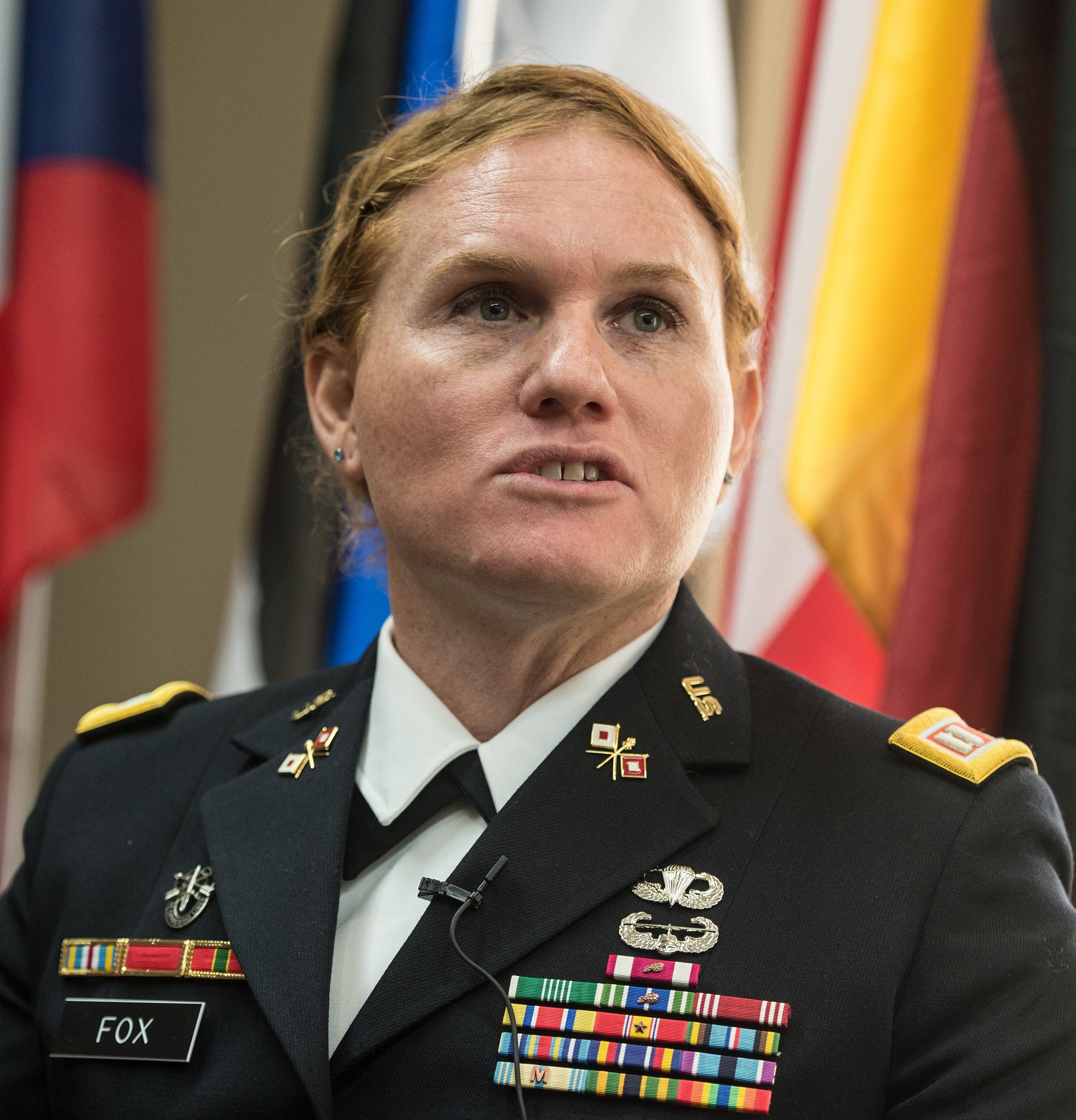Transgender troops seek end to U.S. military taboo
For Donna Harding, joining the Australian army was a bid to try to suppress what she had known from an early age – she was a girl trapped in a boy’s body. “It’s quite a common pathway for people who are gender conflicted, trying to fix what we see is wrong with us, and see the military as the way of doing that,” Major Harding said. She was speaking at an unprecedented gathering of transgender troops from foreign armies in Washington organised by the American Civil Liberties Union (ACLU). Those present were sharing their experiences in the hopes of persuading the Pentagon and the US administration to break perhaps the last taboo – openly integrating members of their community into the military’s ranks.
[I] lived under the constant anxiety and fear that someone would find out my secret. I’ve lost count of the number of times it would have been so easy to drive into that oncoming truck.
Major Donna Harding of the Australian army
But in the United States, despite the 2011 repeal of the divisive “Don’t Ask, Don’t Tell” law, which banned gays from serving openly, there is little talk of extending the same rights to transgender people. There are an estimated 15,500 transgender people believed to be serving in the US armed forces, but, under the current rules, if they are discovered the military is required to dismiss them. Defense Secretary Chuck Hagel said earlier this year he was open to reconsidering the current ban. But as yet no review is underway, and any move to incorporate transgender people openly into the ranks is likely to stir controversy.
Without doubt, the more mature our inclusive policies become, the better our operational delivery becomes.
Squadron Leader Sarah Maskell of the British Royal Air Force

Americas